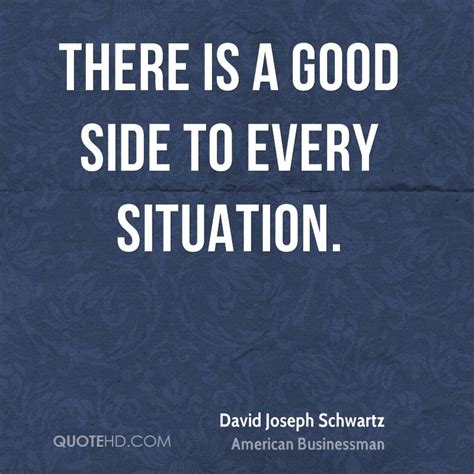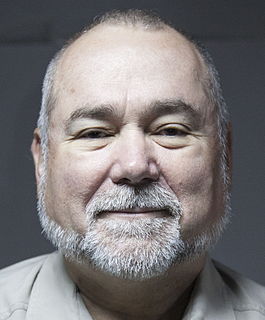A Quote by John Green
Failing to grapple with complexity actually turns out to be a pretty bad life strategy.
Related Quotes
A good strategy is not always successful, but even an "inappropriate" strategy may be an actual strategy. A "bad strategy" is one that doesn't even try to address an important challenge. Instead, it speaks of aspirations, visions of the future, lays out performance goals, or simply lists a bunch of unconnected actions.
My strategy is pretty straightforward, which is to go after the bad guys, to make sure we do our very best to interrupt them, to - to kill them, to take them out of the picture. But my strategy is broader than that. That's - that's important, of course. But the key that we're going to have to pursue is a - is a pathway to get the Muslim world to be able to reject extremism on its own.
I always feel bad for those who, in a sense, cede their authority to others, let others make major decisions about their life and actually believe them. When you're tiny, you have no choice. But as soon as your mind starts working, you pretty well figure it out. And you realize you're a hostage until you're old enough to leave. But as long as you have that goal - I will get out of here - you'll be OK.


































